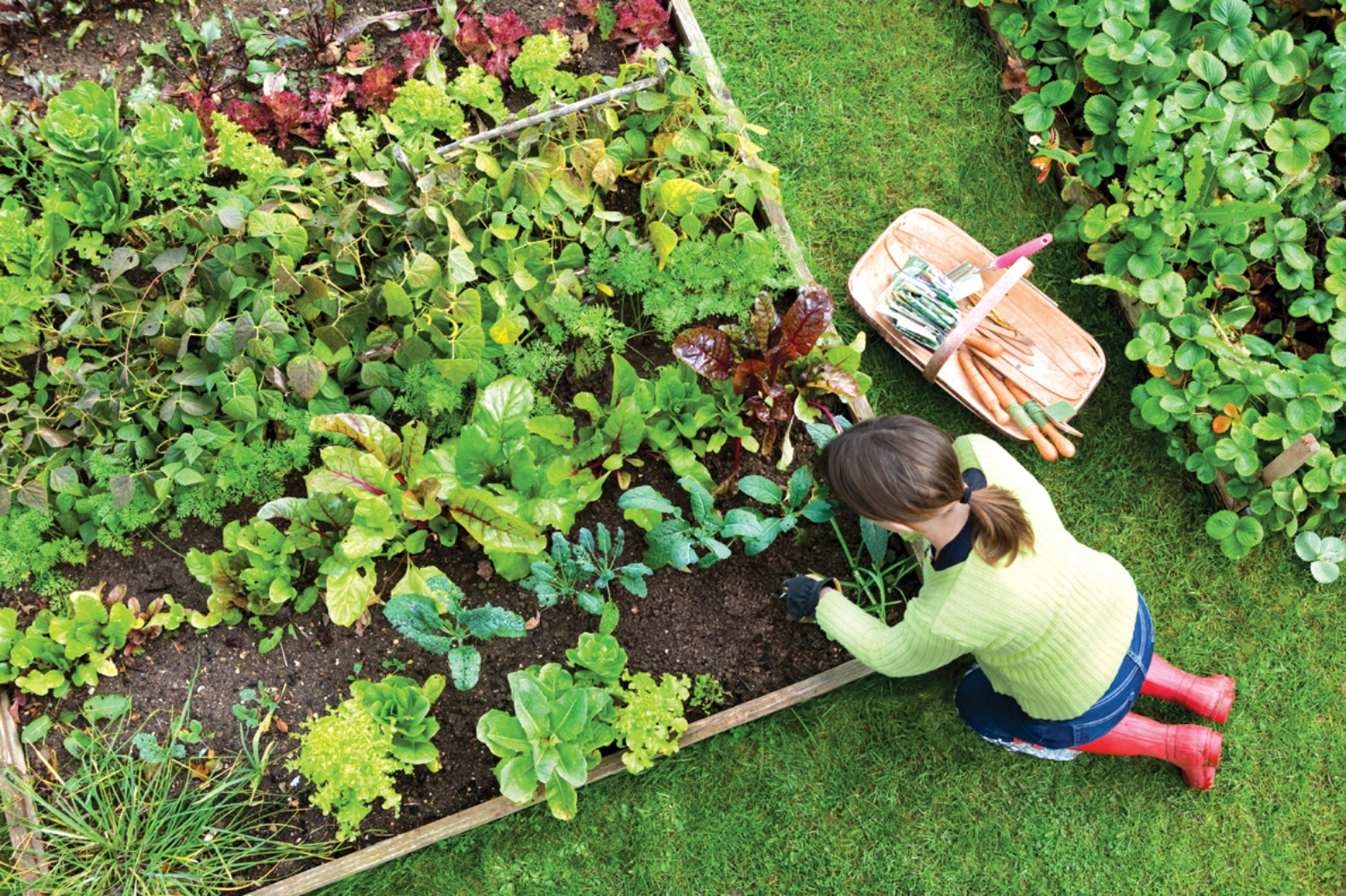“Food forests can contribute to food security”
May 17The concept of local food has a new meaning for nutrition and the economy, writes Bhagya Wijayawardane, 29, a Correspondent from Colombo, Sri Lanka, who advocates “food forests” for urban and rural dwellers.
Once I visited the lovely forest of Belipola in the lush hills of Sri Lanka’s Uva Province, which also happens to be the birthplace of Analog Forestry.
This place was where I realised the importance of designing, experimenting and living in a way that is integrative, interdependent and abundant on this planet.
After seeing the dependence of the villagers in the Belipola community on vegetable, herb and fruit gardens they had planted to meet their daily needs and the produce sales that create livelihood opportunities for villagers, it made me consider whether such a model can be adapted in urban cities.
I was convinced that a food-secure world is a place that we need to build for ourselves and for future generations in which everyone, irrespective of differences, can easily access adequate amounts of nutritious food to live long and healthy lives.
However, in order to turn food security from a dream into a reality in my country, I felt that we must make a number of changes to our economic and social policies and behaviours, which I recognised as a healing process that needs to start at a grassroots level. For example, in order to be food secure, every individual must have access to decent employment and earn a living wage, which today’s minimum wages fall far short of. Moreover, we must drastically reduce food waste in all forms, the most important one being water. Food production requires water, so we must also make ourselves water secure by reducing water waste, and by becoming dependent on rain and greywater systems.
Interestingly, this manner of sustainable agriculture in the form of food forests or forest gardening has been practiced by many native cultures, and we have a few demonstration sites in Sri Lanka. By definition, it is a practice of low-maintenance plant-based food production which replicates natural ecosystems, including fruit and nut trees, shrubs, herbs, running vines and perennial vegetables.
In addition, beneficial plants and companion planting is a big part of the food forest system. These methods provide natural mulch as well as heat and cold protection. They preserve water, build the soil, and control disease pests. The combination of companion planting, which includes diverse plants, makes food forests more attractive to any gardener or farmer for being low in maintenance, high in resilience, and being a productive agricultural system that requires less human power and can meet the caloric and nutrient needs of many people in relatively smalls amounts of space.
Although the modern industrial agricultural system depends extensively of inputs such as fossil fuels and artificial herbicides, pesticides and fertilisers, a food forest once created is self-regulating and highly abundant in yield, which makes it more popular today.
It is sad to note that climate change is increasing the incidence and severity of weather extremes such as drought, floods, record heat and cold spells. These disrupt the ability of farmers to grow and store food in secured environments. We can clearly see that by developing local food systems, we decrease the distance food must be transported to reach consumers, making it a wiser and cheaper option to buy from the community.
Locally-sourced food significantly reduces food-related carbon emissions and dependency on imported food items. Likewise, local food producers – be they urban farmers, community or backyard gardeners – are important, mainly because they tend to be more connected to the community they work within compared to agribusinesses. As a result of this connection, local food growers tend not to focus merely on profit at the expense of the health of their communities and the environment. Instead, they try to come up with ways to generate profit, while cultivating healthy communities, making them more safe by adapting sustainable agriculture practices and by paying their employees decent wages.
As cities grow and densify, the space available for local food production has gradually decreased. Inspired by the belief that a food-secure society also needs a robust local food system, we at our organisation ESHKOL work on establishing space-saving food gardens for urban populations, as we believe that it is really possible to eat local and meet most of our caloric and nutrient needs.
We adopted a multi-pronged approach to local food production after witnessing how society has been conditioned to clear the fertile land and create unsustainable fields which need high inputs to be maintained. Due to ignorance and negligence, people have failed to realise that food forests are abundant and can yield significantly more than the conventional farming and mono-cropping that dominates much of the industrial landscape today. High yielding food forests are high in biodiversity and life, which can also boost eco-tourism in a country. Also, food forests can be developed and grown in most climate zones from the tropical heat in Sri Lanka to the dry weather in the Middle East. Because they involve vertical stacking, food forests can be great for suburban and urban areas.
We admire the timely movement, interest and initiatives taken by schools, governments, companies, and young people like us to establish urban farms, community and backyard gardens around the world to suit the current needs of an advancing society. We encourage more people to join these networks and fill our cities and villages with food forests.
…………………………………………………………………………………………………………………
About me: I am an educator with a strong passion for global sustainability and social justice. My experience weaves together environmental education, home gardens as social reconciliation, cultural heritage, peacebuilding, development, communication, and humanitarian assistance for I/NGOs.
I am a Queens Young Leaders’ Award Winner and currently co-lead the first Urban Gardening Project in Sri Lanka.
I seek to make organic gardening accessible to all by researching and developing best practices and designs, and have been a trainer with numerous development organisations.
…………………………………………………………………………………………………………………
Opinions expressed in this article are those of the author and do not necessarily represent the views of the Commonwealth Youth Programme. Articles are published in a spirit of dialogue, respect and understanding. If you disagree, why not submit a response?
To learn more about becoming a Commonwealth Correspondent please visit: http://www.yourcommonwealth.org/submit-articles/
…………………………………………………………………………………………………………………





